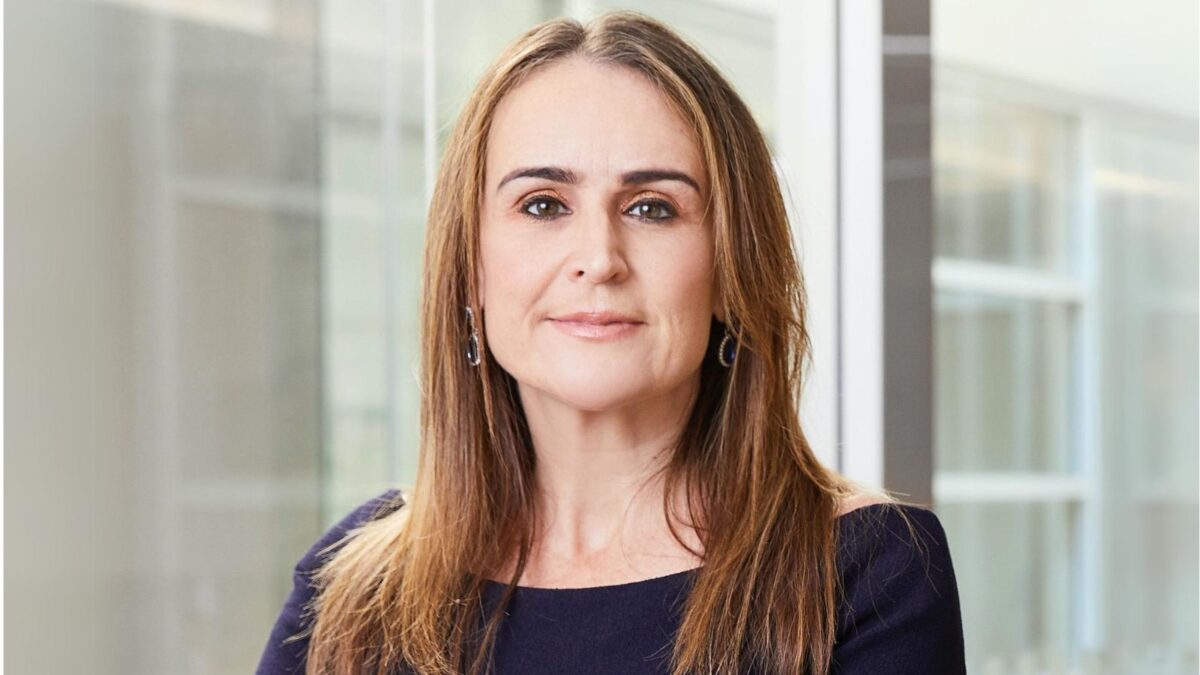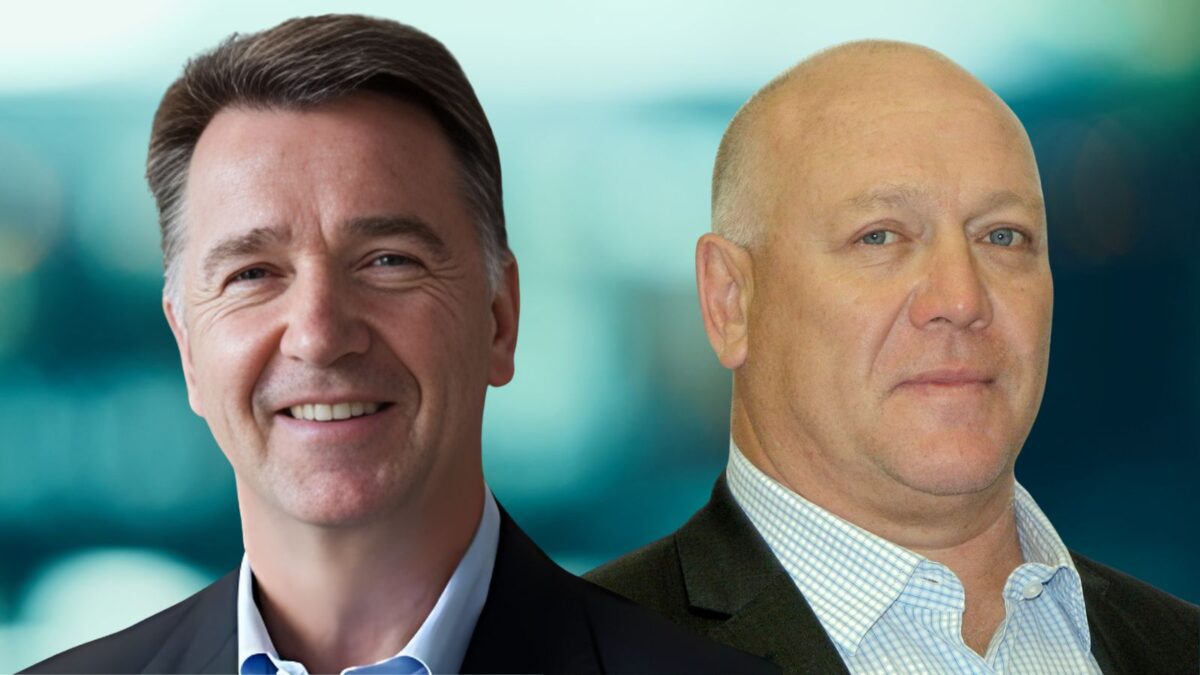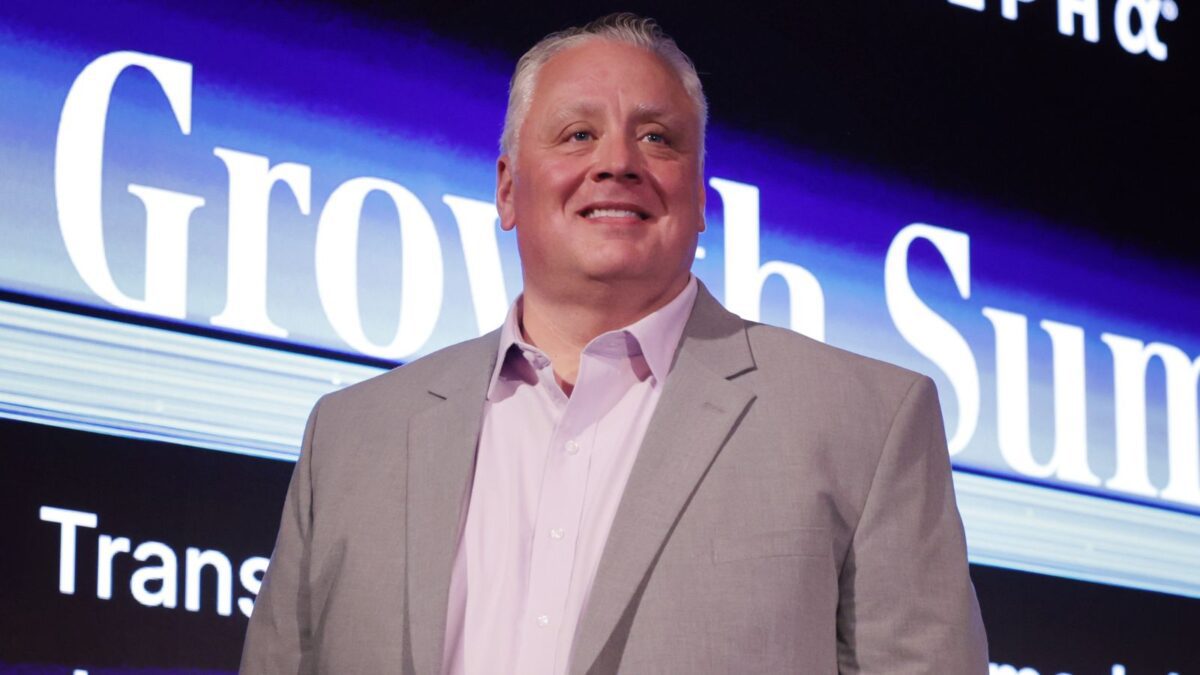Distressed strategies best as hedge fund returns bounce back
Hedge fund returns recovered last calendar year after a troublesome 2015 which caused global outflows of an estimated $US83 billion. The aggregate return across hedge fund strategies for 2016 was 5.34 per cent, according to the annual performance report by eVestment.
The best performing strategy globally was ‘distressed’, which had lagged most of the others during 2015, when the aggregate return across all strategie4s was minus 0.72 per cent.
Following 2015’s small negative number, on average, when most equity markets continued to rise, US$83 billion was withdrawn from the sector in the period to November last, the latest available fund flow figure from eVestment.
Investors were “unhappy with returns and chafing at hedge fund fees”, the eVestment report published last week says.
The report says: “Hedge funds benefitted for the several years from institutional investor interest, sending overall assets above US$3 trillion for the first time in May 2014…
“But since many institutional investment decisions take a long time to make (and unmake), results from 2015 caused many institutions to back away hedge funds. But were those moves premature?”
All major hedge fund segments produced positive returns in 2016, with several beating equal weighted equity/fixed-income benchmarks. Key points from the report include:
- After lagging most of the industry in 2015 distressed hedge funds capitalised on opportunities in the energy sector in 2016 to emerge as the year’s best primary strategy, returning a positive 11.5 per cent for the year, compared with minus 7.82 per cent in 2015.
- Continued strong performance in the stock market helped lead event-driven and activist hedge funds to a second place finish for the year with returns of 10.43 per cent, compared to a weaker 4.37 per cent in 2015.
- In terms of regional exposures, Brazil-focused hedge funds had the best story to tell, bouncing back from a dismal minus 31.23 per cent in 2015 to a stellar positive 33.29 per cent return in 2016.
- Russia-focused funds saw a large bump as well, returning 28.57 per cent in 2016, compared to 4.27 per cent in 2015. China-focused funds showed a big change in the other direction, coming in at minus 5.82 per cent for the year compared with a positive 9.73 per cent the year before.
- Managed futures were the biggest disappointment for investors in 2016, returning just 0.81 per cent, which is not much of an improvement over the minus 1.62 per cent managed futures turned in for 2015.
After a strong 2014 and a strong start to 2015, investors began placing bets with large managed futures funds, which proved to be the wrong bets to make. Large managed futures funds, with minus 3.63 per cent for the year, were the only major segment to show overall negative returns for 2016.
The report says: “For investors going into 2017, the opportunities for strong hedge fund returns exist. The question is finding the right funds and managers at the right time.”








